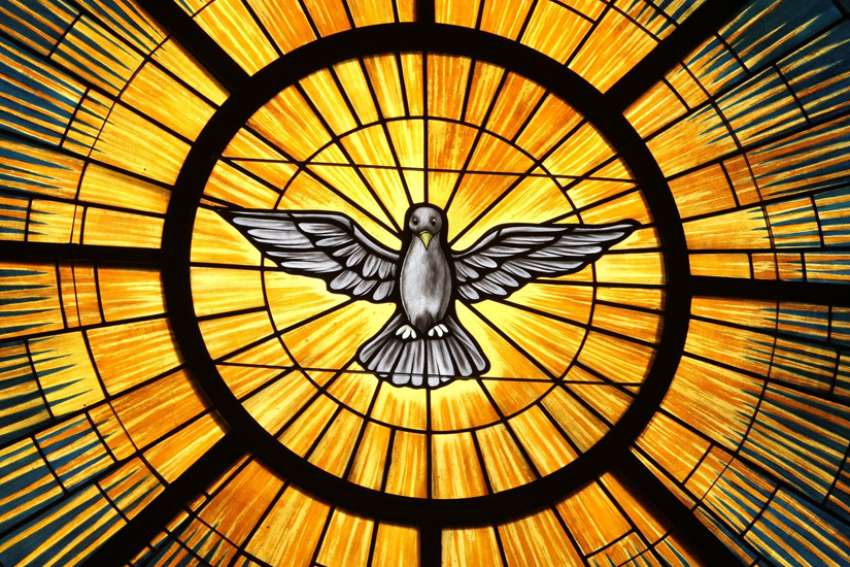The sense of mission was best expressed in the opening words of Vatican II’s most unique document, The Pastoral Constitution of the Church in the Modern World (Gaudium et Spes): “The joys and hopes, the grief and anguish of the people of our time, especially those who are poor or afflicted, are the joys and hopes, the grief and anguish of the followers of Christ as well.”
This is a mission statement of the Church in solidarity with all people just as Jesus was in solidarity with all. The Church is not separate from and above the world. Instead, she brings the wisdom of God and the joy of the kingdom to those of all faiths and no faith with whom we walk in our daily lives. We are not dictators of morality but those who accompany the poor, the suffering and the excluded in our midst.
This message sometimes seems to be lost when we fall prey to the sin of division between conservative and liberal Catholics. We end up speaking at the Church rather than from her, as Fr. Louis Cameli notes in a recent article in the Jesuit magazine America. If the Church is truly God’s pilgrim people, she is not a body outside of us. We are the Church, and our basic posture should be one of seeking to be Christ amid a confused and stricken world.
That does not mean we should ignore the Church’s shortcomings. Likewise, when we address “the world,” we must do so not by haranguing it for its immorality, as tempting as that is, but by treating that world as our brothers and sisters. Today, the world is not just metaphorically part of our family but often literally so. Our closest relatives often embody the meaning of “world” for us.
The Church is not God’s kingdom but offers the salvation of that kingdom. Salvation is eternal life with God in Heaven. It is also a salvation in this world which shares in the personal and societal healing which Jesus brought. Jesus faced opposition and death for proclaiming God’s kingdom. Pushback is to be expected. When one delivers a message that money, power and status are idols to be avoided then those addicted to those idols will react negatively. Addicts, especially powerful ones, do not like to be told they are addicts.
Again, our prime task is not to hector those with power. It is to proclaim good news to all. The oppressor needs to be liberated as much as the victims. Indeed, the victims have greater hope. Through the circumstances of their lives, they are more likely to put their faith in the power of God rather than in worldly fantasies. The powerful have succeeded in their quest for wealth, power and status. Having achieved it, why would they want to abandon their idol?
So, what is our mission? It can be summed up in the words of the prophet Micah: “to do justice, and to love kindness, and to walk humbly with your God” (6:8). The fulfillment of those words is in short supply today just as at most times in human history. Fulfilling them is mostly a matter of living them with the firm hope that they will be caught by others. One can teach them too, but explicit teaching may well be seen as sanctimonious rather than sincere. What offers hope is introducing people to the life of Jesus and the kingdom, a life of humility which puts love of God above all else.
December will mark the 60th anniversary of the opening of Vatican II — 60 years of renewal and 60 years of internal wrangling. The wrangling will decrease when we see ourselves as part of the great body of the Church rather than the Church as something extrinsic to our lives. The Church, said Gaudium et Spes, “serves as a leaven and as a kind of soul for human society as it is to be renewed in Christ and transformed into God’s family.”
We do well to seek unity in the Spirit rather than to conscript the Spirit in support of our own ideologies.
(Glen Argan writes his online column Epiphany at https://glenargan.substack.com.)


